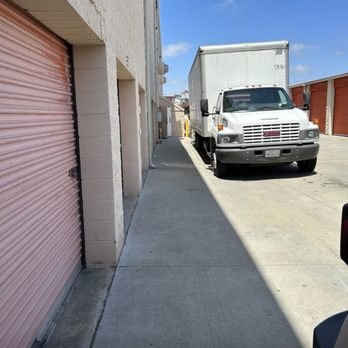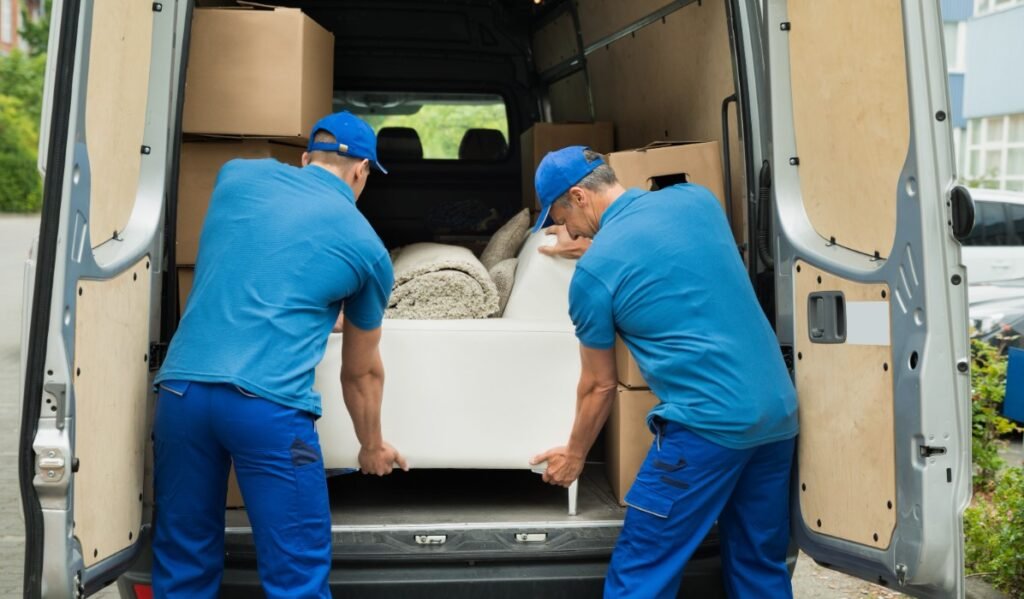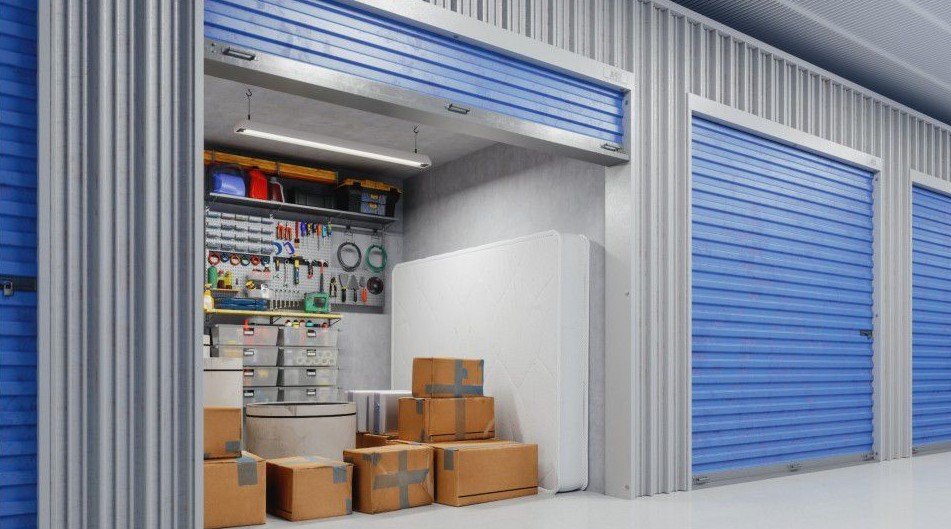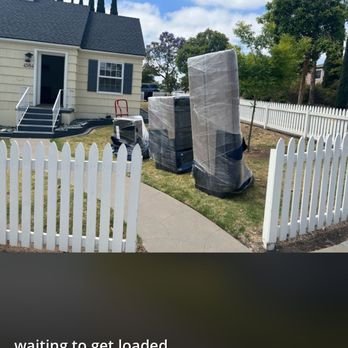Moving to a new city is an exciting yet challenging experience. Whether you’re relocating for work, family, or simply seeking a change of scenery, proper planning is essential. From researching your new city to understanding the logistics of the move, this guide covers everything you need to know to make the transition smoother.
Research Your New City Before Moving
When moving to a new city, one of the first things to do is thorough research. Understand the cost of living, climate, local culture, and amenities. Knowing these factors in advance can help you adjust better and avoid surprises. Is public transportation efficient, or will you need a car? What’s the local job market like? Research can give you a clear picture of what to expect when you arrive.
Finding a Place to Live in a New City
The next big decision when moving to a new city is finding a place to live. Are you planning to rent or buy? Renting offers flexibility, especially if you’re not sure how long you’ll stay. On the other hand, buying might be a good investment if you’re planning a long-term stay. Make sure you choose a neighborhood that suits your lifestyle, whether it’s close to work, schools, or entertainment hubs.
Budgeting for Your Move
Creating a budget is crucial when moving to a new city. Beyond the basic moving expenses like hiring movers or renting a truck, there are hidden costs you might overlook. These include:
- Packing supplies
- Temporary housing or hotels
- Utility setup fees
- Meals during travel
Make sure you account for these additional costs so that you’re not caught off guard.
Hiring a Moving Company for Relocation
When moving to a new city, hiring the right moving company is vital. Research reputable movers with good reviews and transparent pricing. Do you want a full-service mover that handles everything, or would you prefer to do the packing yourself to save money? Whichever option you choose, make sure to get a written estimate to avoid any surprises.
Preparing for the Move to a New City
Preparation is key when moving to a new city. Start by decluttering your home and getting rid of items you no longer need. This will make packing easier and reduce moving costs. Label boxes clearly, and consider packing room by room to make unpacking at your new place simpler. Moving is an opportunity for a fresh start, so don’t take unnecessary clutter with you.
Handling the Emotional Impact of Moving to a New City
Moving to a new city isn’t just physically exhausting; it can also be emotionally taxing. Leaving behind friends, family, and familiar surroundings is tough. To handle the emotional impact, stay in touch with loved ones through regular calls or video chats. Give yourself time to adjust to your new surroundings, and don’t be afraid to explore your new city. With time, your new city will start to feel like home.
Job Opportunities in Your New City
If you’re moving to a new city without a job already lined up, start researching the local job market as early as possible. Look for industries that are thriving and companies that are hiring. Having job security will ease the stress of moving and help you settle in faster.
Transportation in a New City
Understanding the local transportation system is essential when moving to a new city. Is public transport a reliable option, or will you need a car? Research your commuting options before you move. If you’re in a city with a strong public transit system, it might be worth ditching the car altogether to save money and reduce your carbon footprint.
Adjusting to Life in a New City
Adjusting to life in a new city can take time, but don’t rush the process. Every city has its own pace and culture. Whether it’s the food, language, or social norms, you’ll need to adapt. Take the time to explore your new environment, meet locals, and try new things. This will help you feel more at home and make the transition smoother.
Building a Social Network in a New City
One of the hardest parts about moving to a new city is making new friends. Start by attending local events, joining clubs, or signing up for classes. Whether it’s a fitness group or a hobby club, getting involved in the community will help you meet people and establish a support network.
Finding Schools and Education Options
If you’re moving to a new city with children, researching schools is a top priority. Look into both public and private school options in the area. Factors like school rankings, extracurricular activities, and proximity to your new home will influence your decision.
Healthcare in a New City
When moving to a new city, finding healthcare providers is another essential step. Research local hospitals, clinics, and doctors that are covered by your insurance. Knowing where to go for healthcare will give you peace of mind in case of emergencies or routine checkups.
Setting Up Utilities and Services
Once you’ve settled on a new home, you’ll need to set up essential utilities such as electricity, water, gas, and internet. Some cities may have different providers, so research in advance to ensure a smooth transition. Make sure everything is set up before you move in, so you’re not left without the essentials on your first day.
Staying Safe in Your New City
Safety is a top priority when moving to a new city, and One Deal Moving emphasizes the importance of being prepared. Start by researching the crime rates in various neighborhoods to make an informed decision. Take any necessary precautions, such as installing security systems if needed. Additionally, familiarize yourself with local emergency numbers, services, and nearby hospitals and police stations to ensure you’re ready in case of any emergencies.
Final Thoughts on Moving to a New City
Moving to a new city can be one of the most exciting chapters of your life, but it’s not without its challenges. By planning, doing your research, and staying organized, you can make the transition as smooth as possible. Keep an open mind, be patient with yourself, and soon enough, your new city will feel like home.
FAQs
1. What’s the first thing to do when moving to a new city?
The first step is to research your new city. Understanding the cost of living, transportation, and local culture will help you better prepare for the move.
2. How can I save money when moving to a new city?
You can save money by decluttering before the move, choosing affordable moving companies, and renting temporarily before committing to buying a home.
3. What should I do about healthcare when moving to a new city?
Research local doctors, hospitals, and healthcare providers in your new city. It’s important to find care providers that accept your insurance.
4. How can I make friends in a new city?
Attend local events, join clubs, and participate in community activities to meet new people and build a social network.
5. Is it better to rent or buy when moving to a new city?
Renting offers flexibility, especially if you’re not sure how long you’ll stay. Buying can be a good investment if you’re planning on staying long-term.
